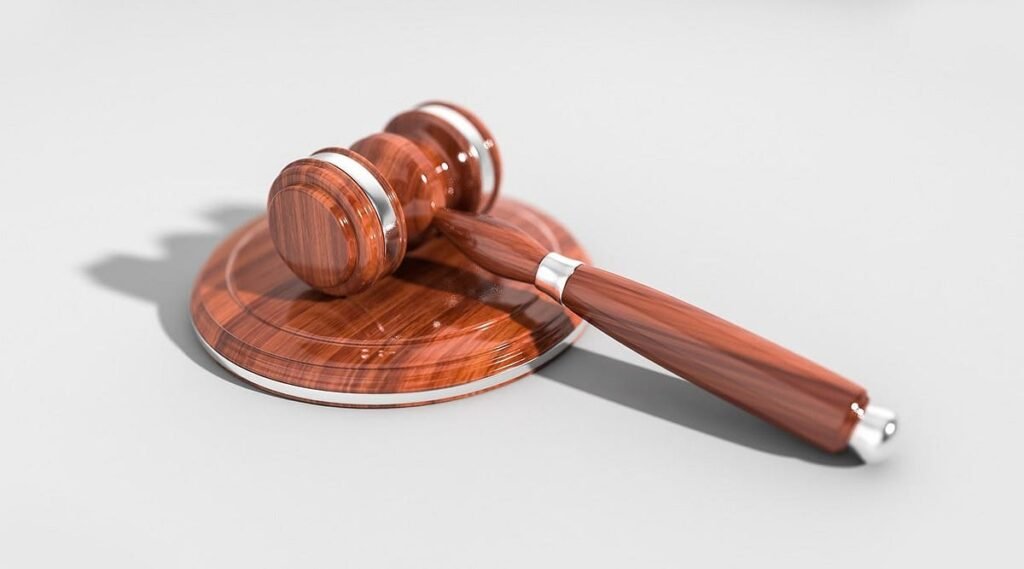Introduction
Envision you’re playing a game where you make the guidelines. You conclude what’s permitted and so forth. This is a piece like how regulations work. Yet, who will choose these standards? Frequently, there’s really no need to focus on who is the most shrewd or knows the most effective way to get things done. All things considered, it’s about who has the ability to make these guidelines. This thought carries us to a popular saying: “it is not wisdom but authority that makes a law. t – tymoff ” This expression recommends that regulations come from those in control, not really from the savviest or most educated individuals.
Table of Contents
Throughout our lives, we see governs all over the place. From the signs advising us to stop at a red light to the regulations that guard our networks, rules guide our way of behaving. In any case, have you at any point thought about how these standards are made or who concludes what they ought to be? A cycle includes authority – the ability to uphold regulations, in addition to the information on what may be correct or wrong.
Understanding the Maxim: “it is not wisdom but authority that makes a law. t – tymoff”
The truism we’re investigating recommends an influential thought: that regulations are made by the individuals who have the power, or power, to uphold them, not really by the people who have the smartest thoughts or the most information. This could sound a piece peculiar, yet it has profound roots in how social orders are coordinated. Thomas Hobbes, a rationalist from quite a while in the past, jabbered about this. He trusted that for individuals to live respectively calmly, there should be serious areas of strength for an or government to keep things all together. This standard doesn’t need to be the savvies; it simply has to have the ability to simply decide and authorize them.
Yet, what precisely do we mean by it is not wisdom but authority that makes a law. t – tymoff? Also, how could it be unique in relation to “shrewdness”? Authority resembles being the skipper of a boat. The commander pursues the choices and guides the boat securely. Intelligence, then again, resembles knowing the most ideal way to explore the oceans, figuring out the climate, and pursuing brilliant decisions. In making regulations, the skipper’s job (authority) is to choose and implement the way, regardless of whether the guide (astuteness) could have better information about the excursion.
The Role of Authority in Legal Systems
In general sets of laws all over the planet, authority assumes a major part. It’s about who has the ability to make the regulations we as a whole follow. (it is not wisdom but authority that makes a law. t – tymoff) This can appear to be unique in better places. In certain nations, the power comes from individuals, through casting a ballot and a majority rule government. In others, it could emerge out of a solitary chief or a little gathering. In any case, regardless of how it’s set up, the thought is something similar: those with power are accountable for making the regulations.
This doesn’t imply that astuteness is not welcome in lawmaking. Astute thoughts and information can assist with forming great regulations. Yet, toward the day’s end, the power makes a regulation a regulation. It’s a piece like having a truly smart thought for a game, however you want the gathering’s endorsement to make it an authority rule of the game.
Authority in the Digital Age: A New Paradigm
( it is not wisdom but authority that makes a law. t – tymoff ) Today, the web and virtual entertainment have changed our opinion on power. Envision everybody on the planet can impart their plans to only a tick. This implies that those in control, individuals who make the regulations, need to ponder how their choices are seen by everybody. They additionally utilize these instruments to assist with making their power more grounded, by talking straightforwardly to individuals, sharing their thoughts, and making sense of their choices.
In any case, this new world likewise has its difficulties. Now and then, it’s difficult to tell what’s valid and so forth. Individuals in power can spread their thoughts all over, however so can any other person. This implies that expert in the computerized age isn’t just about making regulations yet additionally about winning individuals’ trust and showing that they are using sound judgment for everybody.
The Authority of International Law
( it is not wisdom but authority that makes a law. t – tymoff ) At the point when we discuss regulations that nations all around the world consent to follow, we’re discussing global regulation. This is a way for nations to figure out together on large issues, such as keeping harmony, exchanging decently, or safeguarding the climate. Yet, who has the expert in global regulation? It’s a piece like a club where nations consent to keep the guidelines, and these principles are settled on through arrangements or deals.
Global associations, similar to the Unified Countries, assume a major part in this. They assist nations with meeting up to examine and make these standards. Be that as it may, very much like in a solitary nation, it’s not generally about who has the most shrewd thoughts. Some of the time, it’s about who has the most power or impact. This can make global regulation muddled, yet it’s a way for nations to cooperate in our current reality where no single individual or nation is in control.
The Ethics of Authority in Lawmaking
Making regulations isn’t just about power; it’s additionally about what’s good and bad. This is where morals comes in. Morals resembles a bunch of rules about how to be great and make the best decision. At the point when individuals in power make regulations, they need to contemplate these principles. They need to ensure their regulations are fair, treat everybody similarly, and assist with keeping society protected and tranquil.
Be that as it may, once in a while, what’s viewed as right or wrong can be different for various individuals. To this end creating regulations can be so difficult. Individuals in control need to pay attention to various thoughts and figure out how to pursue choices that are great for everybody. Also, once in a while, they need to pursue difficult decisions that not every person will like. This is one of the greatest moves for those with the power to make regulations.
Case Studies: When Authority Clashes with Wisdom
Since forever ago, there have been times when individuals in control went with choices that were not exceptionally shrewd. For instance, regulations that were uncalled for to specific gatherings or that hurt the climate. These cases show us that since somebody has the power to make a regulation doesn’t generally mean it’s the best choice.
Yet, these accounts additionally show us how significant it is for individuals to make some noise and offer their insight. Over the long haul, terrible regulations can be changed, and new, better regulations can be made. This is the way social orders develop and move along. It’s an update that while power can make a regulation, shrewdness is fundamental in ensuring those regulations are simply and fair.
Public Trust in Authority and Law
How individuals feel about those in control and the regulations they make is truly significant. Consider it a relationship based on trust. At the point when individuals trust the specialists, they’re bound to observe the regulations and turn out together for a superior society. In any case, it is generally difficult to construct this trust. It really relies on how well the specialists simply decide, how fair the regulations appear, and whether individuals feel their voices are heard.
Reviews and concentrates frequently demonstrate the way that this trust can go all over. Once in a while, when individuals see that regulations are made shrewdly and reasonably, their trust develops. However, assuming they understand left or see that regulations aren’t a little absurd, they could trust the specialists less. This is a major update for those in control that they need to pay attention to individuals and make regulations that are great for everybody.
Educating the Public on the Lawmaking Process
One method for assisting work with trusting is by showing individuals about how regulations are made. It resembles letting somebody in on confidential; when they comprehend how it works, they could feel more a piece of it. This can incorporate straightforward things like making sense of who makes the regulations, how individuals can share their thoughts, and how choices are made.
Schools, local gatherings, and, surprisingly, online entertainment can be incredible spots to share this data. By understanding the lawmaking system, individuals could feel more associated with those in control and more able to help the regulations they make. Everything revolves around making a scaffold among power and individuals, showing that making regulations is a common excursion, not simply something done by a couple of in power.
Conclusion
As we’ve investigated, the idiom “it is not wisdom but authority that makes a law. t – tymoff” addresses a complicated equilibrium. Regulations are made by those with the position to uphold them, yet the insight behind these regulations frequently makes them fair and just. In our cutting edge world, with every one of its difficulties and changes, this harmony among power and shrewdness is a higher priority than at any other
Read More : LOVE WHAT YOU HAVE, BEFORE LIFE TEACHES YOU TO LOV – TYMOFF







